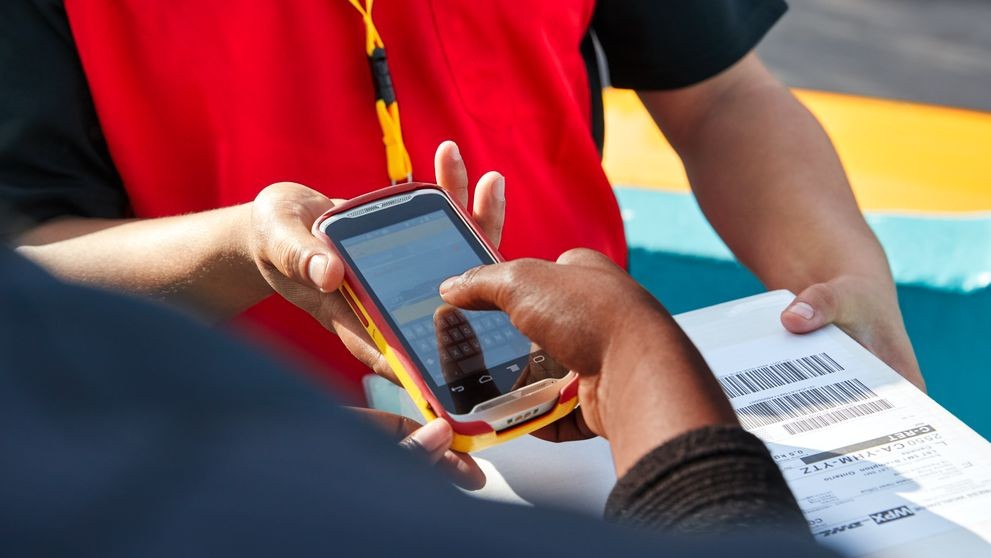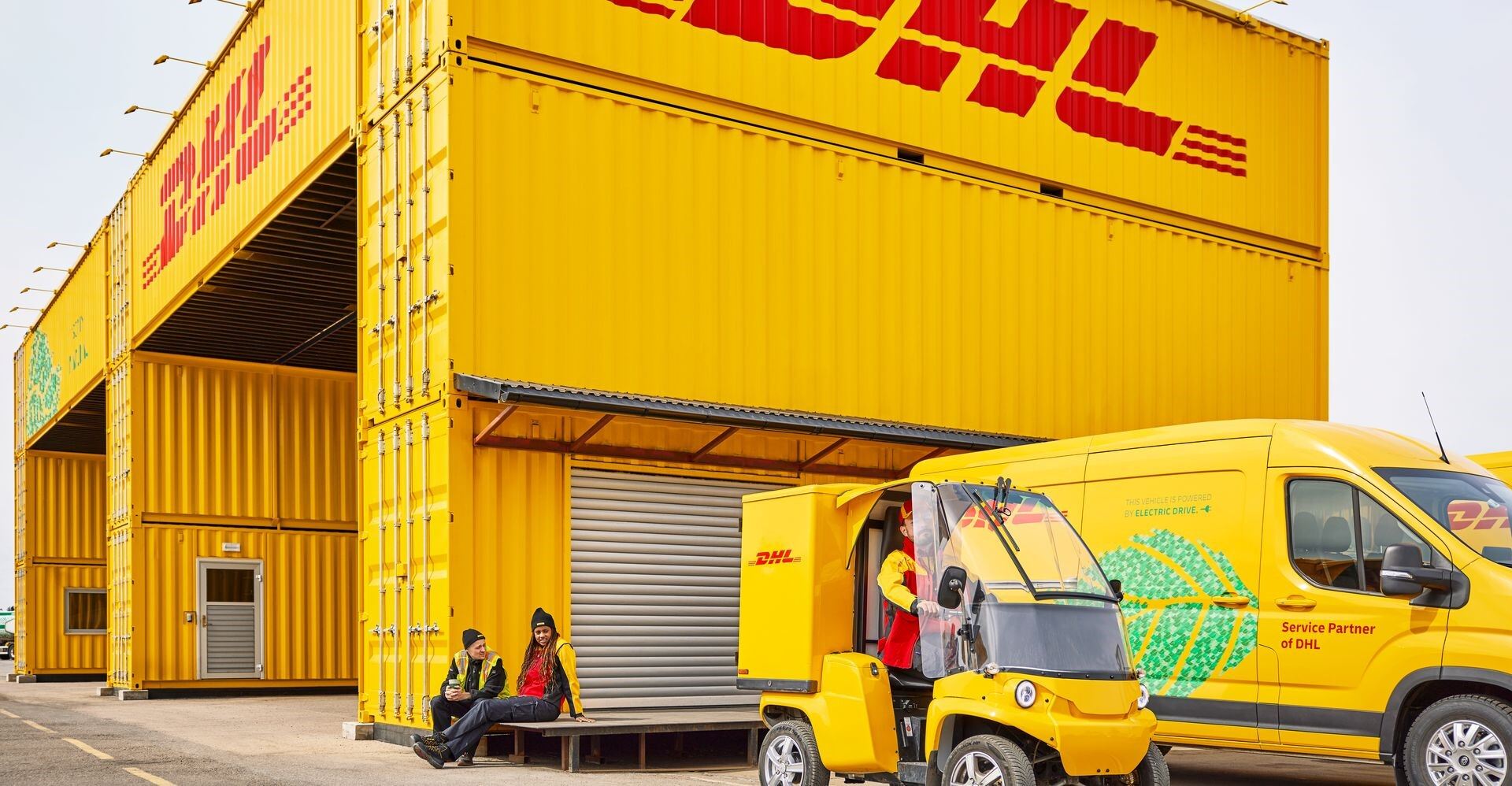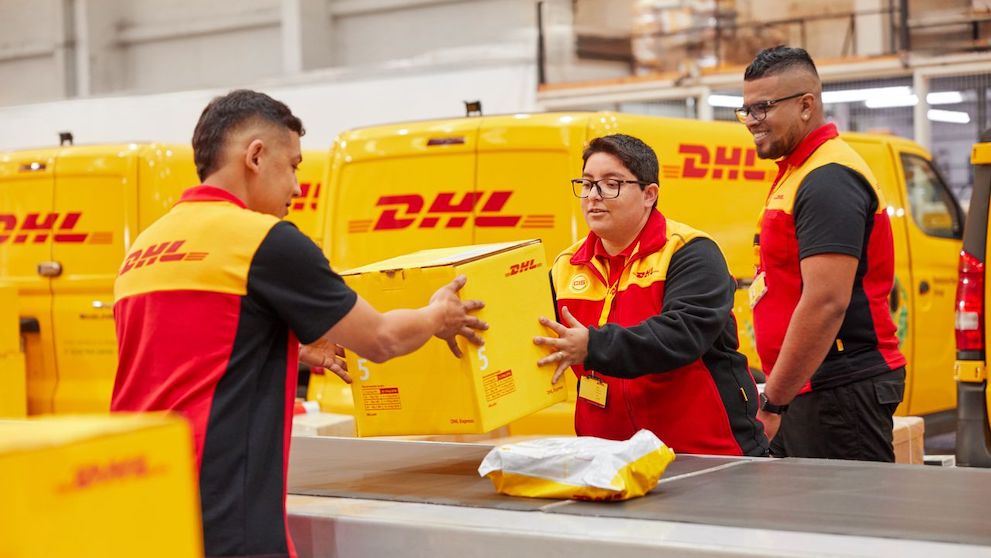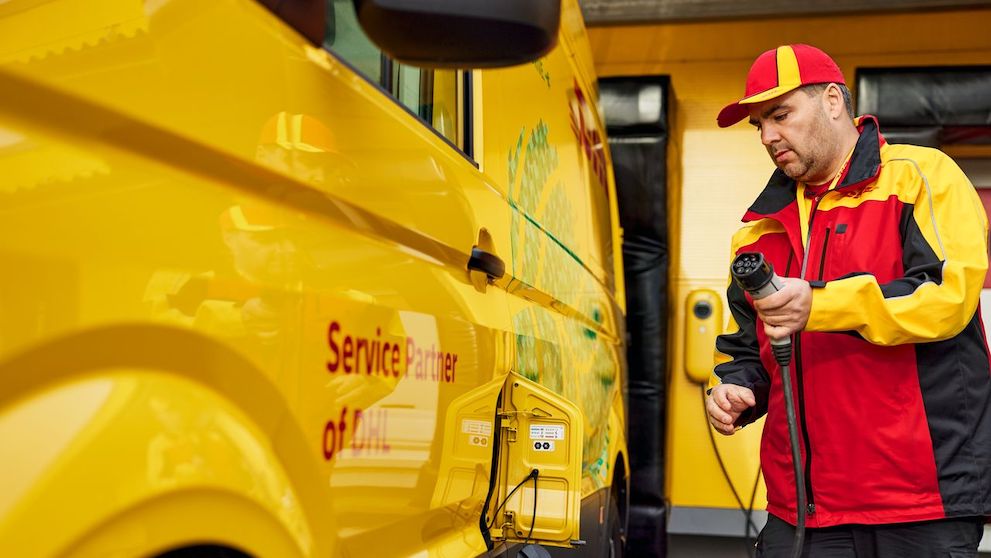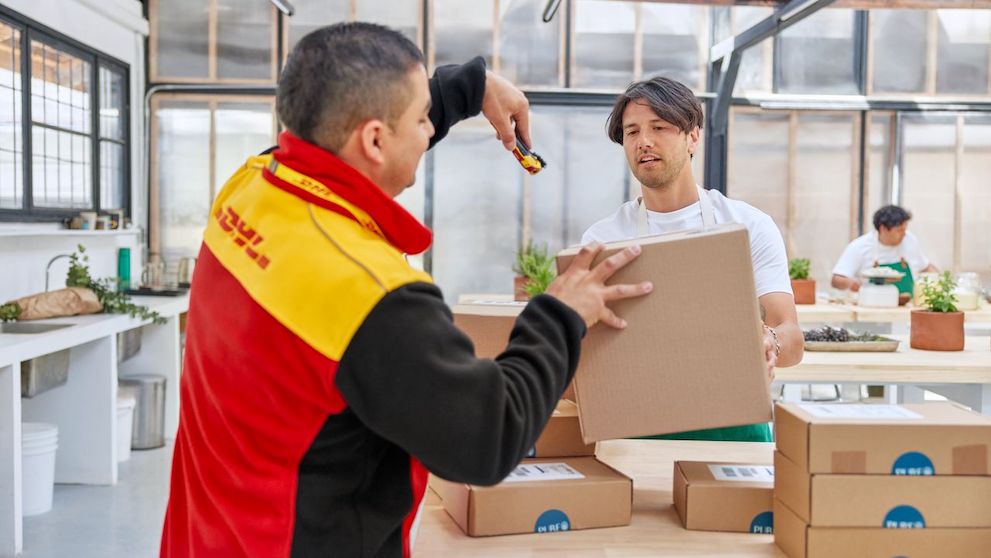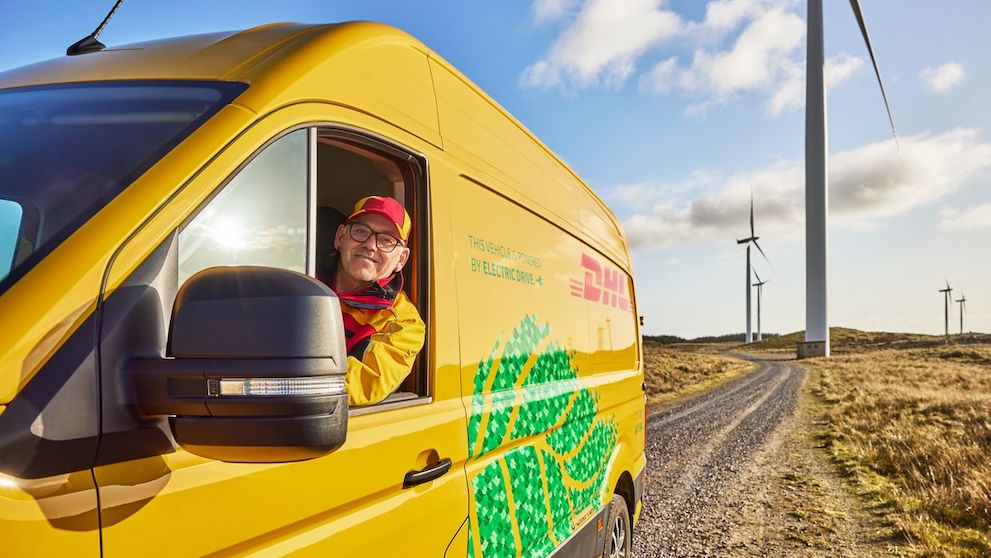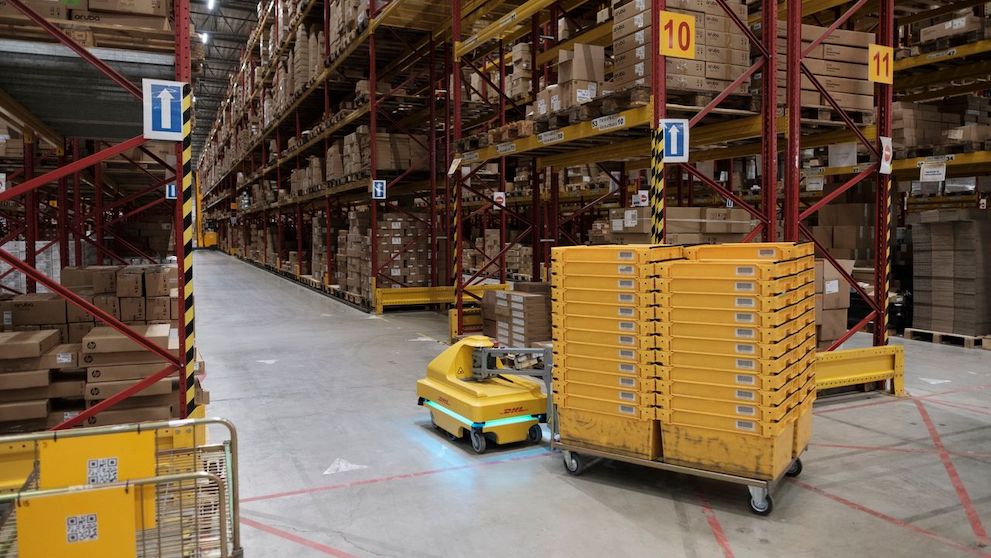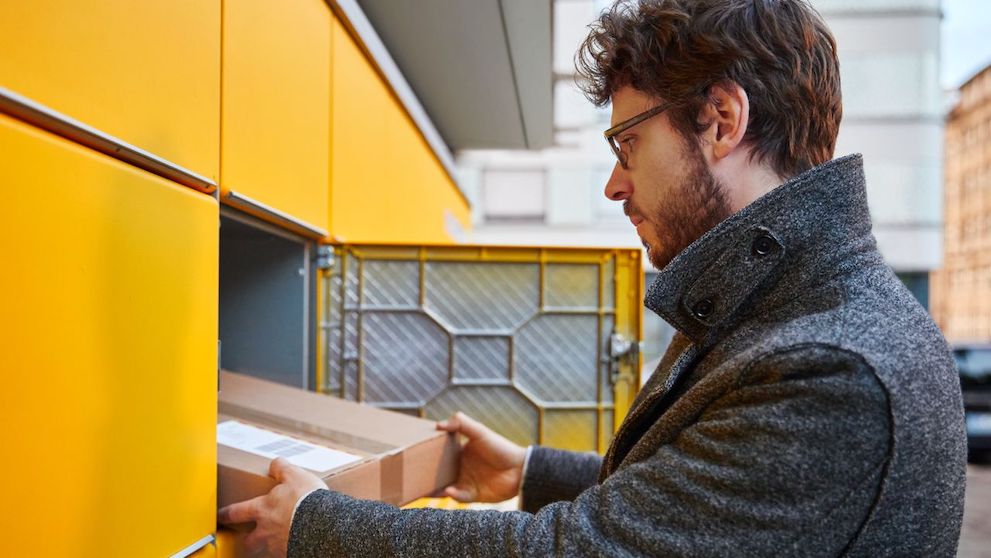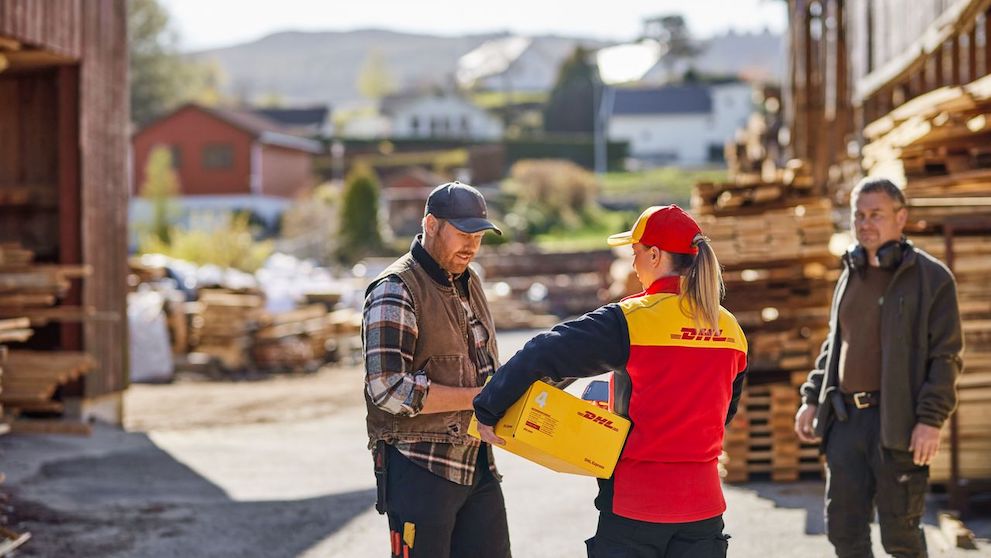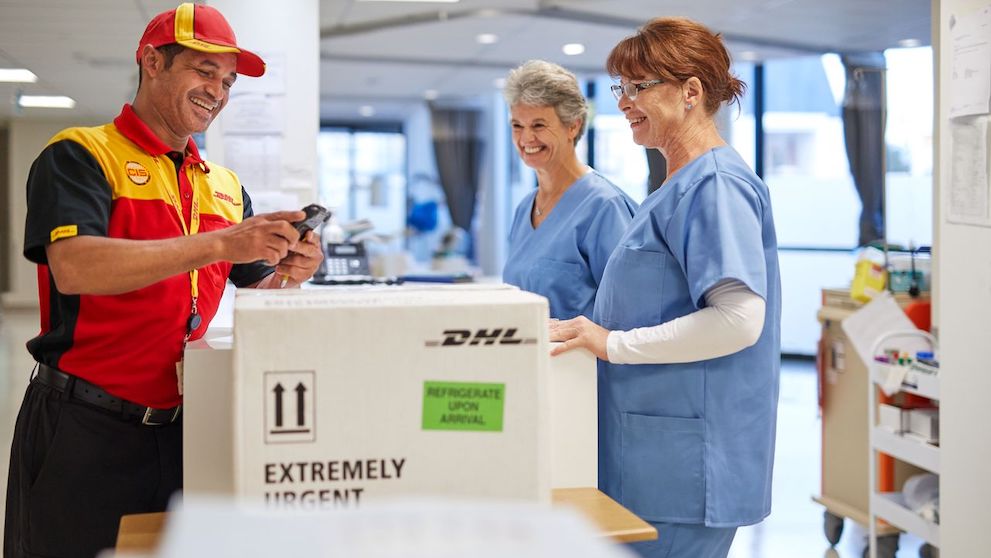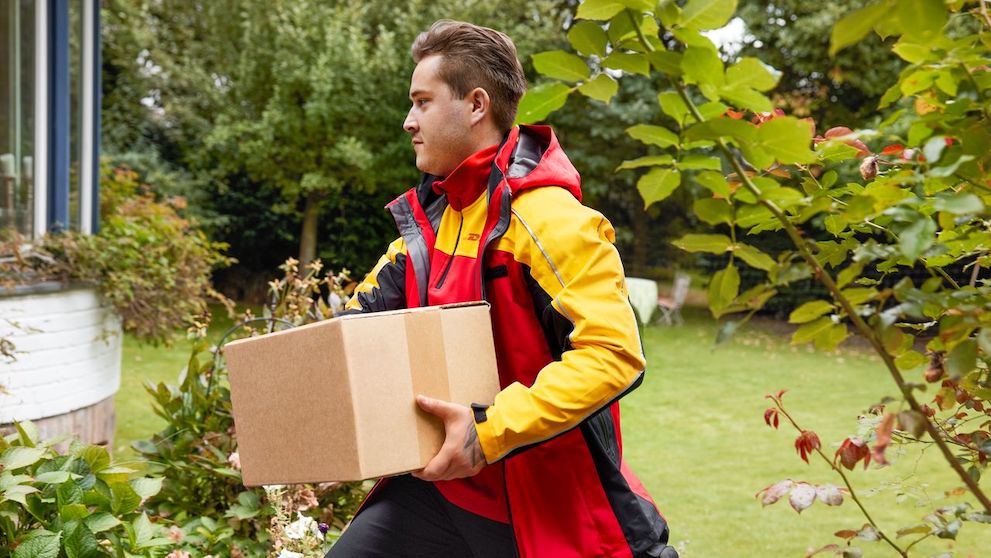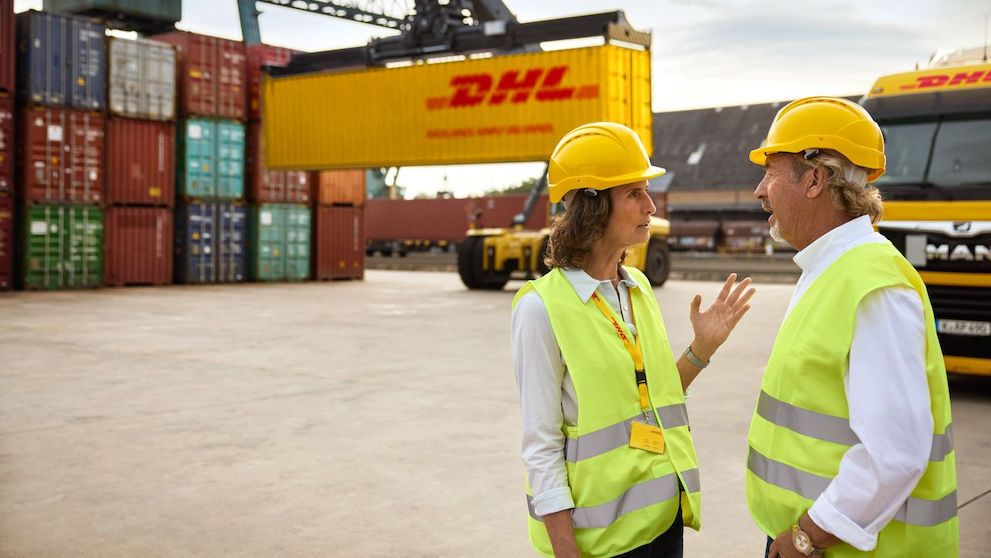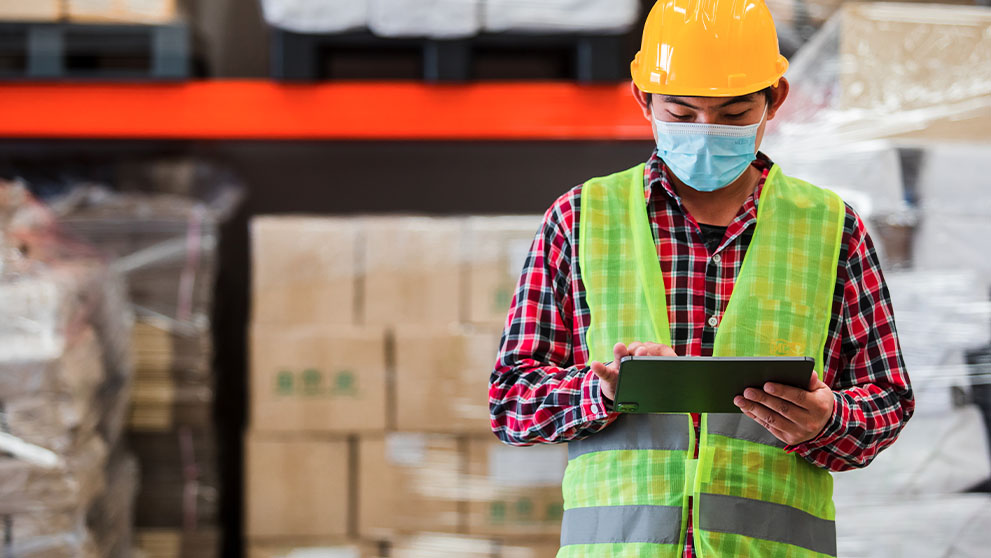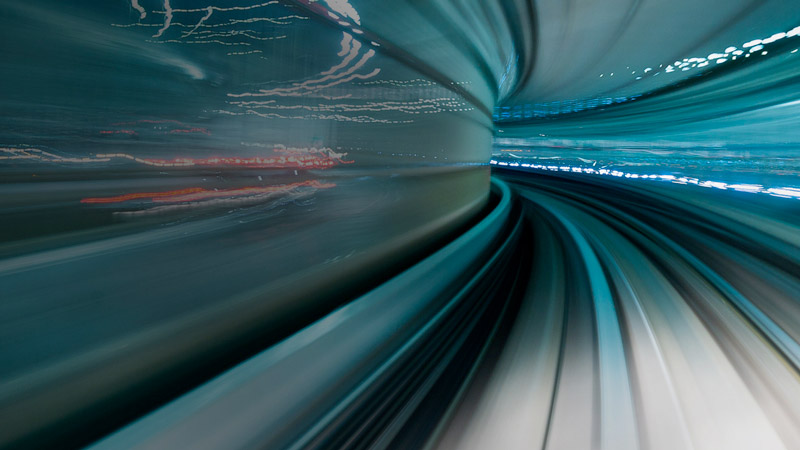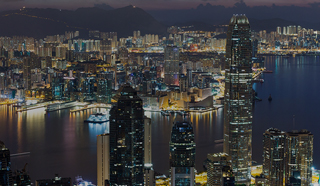New Zealand’s shipping industry is riding a wave of technological advancements that are reshaping its landscape, making it faster, more efficient, and more sustainable. From real-time tracking to greener shipping practices, technology — and the innovations in logistics it unlocks — is revolutionizing how goods are moved across the country and around the world.
These benefit businesses by streamlining operations, reducing costs, and enhancing customer experience through increased transparency and reliability. This blog explores their impact on the New Zealand shipping landscape and highlights how they shape a more efficient, sustainable, and customer-centric future.
Tracking your shipments in real-time
One of the most significant tech advancements in the shipping industry is the ability to track shipments in real time. Thanks to the Internet of Things (IoT) devices and GPS tracking, businesses and customers can now monitor the precise location and status of their goods at any given moment. This offers several benefits:
- Improved Visibility: Real-time tracking provides complete transparency throughout the shipping journey, reducing uncertainty and enabling proactive decision-making.
- Reduced Risk: By constantly monitoring shipments, businesses can quickly identify and address potential issues, minimizing the risk of loss or damage.
- Enhanced Customer Service: Real-time tracking empowers businesses to provide accurate and up-to-date information to customers, improving communication and satisfaction.
Many companies in New Zealand are already leveraging real-time tracking to optimize their operations. DHL Express New Zealand, for example, offers real-time shipment visibility through its online tracking tool, DHL Tracking, and its dedicated mobile app, DHL Express Mobile. This allows businesses and customers to monitor the progress of their shipments at any time, from pickup to delivery, enhancing transparency and peace of mind.1 This is particularly valuable for time-sensitive deliveries, high-value items, and perishable goods, where real-time updates can help manage expectations and ensure smooth transit.
Smarter ports, faster turnaround
New Zealand's ports are embracing technology to streamline operations and improve efficiency. Automation is being implemented to optimize various processes, from cargo handling and storage to vessel traffic management. This increased reliance on artificial intelligence (AI) and other information technology solutions transforms how ports operate in the shipping industry.
- Automated Guided Vehicles (AGVs): These driverless vehicles transport containers within the port, improving efficiency and reducing congestion.
- Automated Cranes: These cranes automate the loading and unloading of cargo, increasing speed and precision.
- Robotic Process Automation (RPA): RPA is used to automate administrative tasks, such as data entry and document processing, freeing up staff for more complex tasks.
Port Otago, for instance, is actively exploring the use of AI in several areas:
- Noise Monitoring: AI-powered software analyzes noise levels and categorizes sounds, helping to identify potential safety hazards or environmental concerns.
- Text-Based Tasks: AI is used to assist with basic text-based tasks, such as generating draft reports or summaries, which human staff then review and refine.
- Safety Monitoring: AI is being explored to monitor camera feeds to identify potential safety issues and trigger alerts, such as missing safety equipment or unstable cargo stacks.
While Port Otago acknowledges that AI is not yet mature enough for widespread decision-making in high-risk environments, its exploration of these technologies highlights the potential for AI to enhance safety, efficiency, and productivity in port operations.2
These innovations, therefore, transform New Zealand's ports into smart hubs that can handle increasing cargo volumes with greater speed, efficiency, and safety.
Greener shipping, cleaner future
Technology is playing a crucial role in New Zealand's journey towards greener shipping and a cleaner future for the maritime industry. Aligned with the nation's commitment to sustainability, companies are adopting innovative solutions to minimize their carbon footprint and promote environmentally responsible practices.3
- Cleaner Fuels: The use of alternative fuels, such as biofuels and liquefied natural gas (LNG), is reducing greenhouse gas emissions from ships. This aligns with New Zealand's goal of transitioning to a cleaner maritime sector, as outlined in its green shipping strategy.
- Energy-Efficient Ships: New ship designs and technologies are improving fuel efficiency and reducing energy consumption, contributing to New Zealand's ambition of establishing green shipping corridors where zero-emission vessels are prioritized.
- Sustainable Packaging Solutions: Companies are exploring eco-friendly packaging options, such as biodegradable and recyclable materials, to minimize waste and support New Zealand's commitment to reducing the environmental impact of the shipping industry.
DHL Express is also committed to greener shipping practices through its GoGreen environmental initiatives. These initiatives include investing in alternative fuels, optimizing delivery routes, and offering carbon-neutral shipping options to customers, echoing New Zealand's broader efforts to create a more sustainable maritime sector.
The future of shipping: What's next?
The future of shipping in New Zealand is brimming with possibilities, as emerging technologies promise to further revolutionize the industry and redefine how goods are transported.
- Drones: These unmanned aircraft have the potential to transform last-mile delivery, especially in remote or challenging locations. Imagine drones delivering packages to rural communities or offshore islands, overcoming geographical barriers and enhancing delivery speed.
- 3D Printing: This technology could revolutionize manufacturing and logistics. By enabling on-demand production, 3D printing could reduce the need to ship finished products long distances. Companies could instead ship raw materials or digital designs, allowing for localized production closer to the consumer. This has the potential to reduce costs, lead times, and environmental impact significantly.
Ultimately, the New Zealand shipping industry must continue to innovate and invest in emerging technologies to reach new levels of efficiency, sustainability, and customer satisfaction, ensuring its continued growth and prosperity in the years to come.
Embracing technology for a better shipping experience

New technologies in the shipping industry are transforming how New Zealand businesses operate, making processes faster, more efficient, and more sustainable. By embracing these advancements, companies can optimize their operations, reduce costs, and enhance the customer experience.
DHL Express is committed to innovation and providing cutting-edge logistics solutions to its customers. Our international shipping services, including efficient customs clearance and reliable import services, are designed to meet the evolving needs of businesses in the digital age. We leverage technology to provide real-time shipment visibility, streamline processes, and enhance the overall shipping experience for our customers.
Explore DHL Express's technology-driven solutions and experience the future of shipping. Open a business account today.

